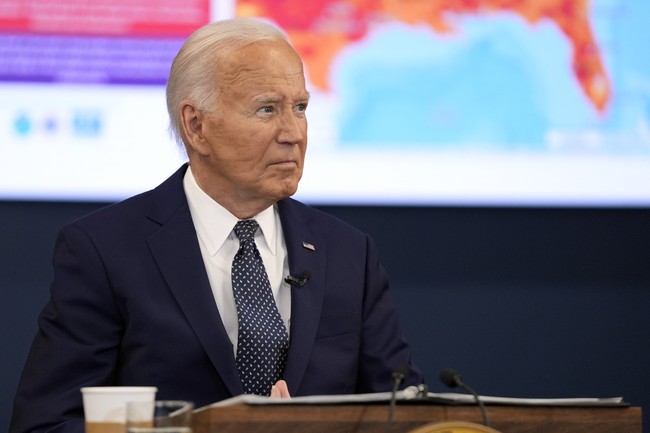Electoral College Validates Trump's Presidential Win
The elaborate and contentious process of the Electoral College sees Pennsylvania and other states casting their votes for Donald Trump without the drama of previous years.
Published December 18, 2024 - 00:12am

Image recovered from inquirer.com
The Electoral College in the United States, an intricate and occasionally controversial component of the nation's electoral system, has once again fulfilled its role in the democratic process. As electors across various states, including Pennsylvania and Alabama, met to officially cast their votes, Donald Trump was reaffirmed as the President-elect. This year's proceedings were marked by a notable absence of the turmoil that characterized previous electoral meetings.
In Pennsylvania, the process unfolded without the threats and disputes that marred the 2020 elections. Electors met peacefully in the state house chamber in Harrisburg, casting their 19 Electoral College votes for Donald Trump and JD Vance. Jim Worthington, a Trump elector and representative of Pennsylvania's role as a pivotal swing state, described the electoral process as a return to normalcy, highlighting the state's historical significance in shaping the nation's future.
This year, Pennsylvania's electoral procedure evoked a sense of relief and vindication among Democrats and Republicans alike. As the state recovered from the tumult of the last presidential election, the absence of public admittance to the event was a point of concern. The state justified the exclusion of public observers, citing security measures and pandemic-related protocols that were initially established in 2020.
Meanwhile, other states such as Alabama also participated in the nationwide event at their respective capitals. Alabama confirmed its Electoral College votes for Donald Trump, affirming a stronger mandate with 65% of the state's vote in the November 5 elections. National trends showed Trump claiming 31 states nationwide, reflecting a popular vote result that was slightly more favorable to Trump than in the previous elections against Joe Biden.
However, the current electoral cycle diverged significantly from the tumultuous events of the past. Notably missing were the claims of fraudulent electors and disputed results. This contrast highlights efforts to rebuild public trust and democratic norms, alongside Vice President Kamala Harris's acceptance of the alternatives offered by a bipartisan process at this critical juncture.
Further expanding the discussion to the Congressional validation scheduled for January 6, the nation finds itself cautious in anticipation of this momentous occasion. This year marks four years since the violent breach of the U.S. Capitol, which interrupted the certification process that declared Biden's victory. With efforts diligently concentrated on ensuring peace and upholding constitutional principles, Congress appears poised to finalize the electoral outcome without past disruptions.
The central characteristic of the Electoral College, in directing state discretion over national popular voting preferences, remains a hallmark of its structure. Like many federal systems, the United States prioritizes state-level influence to balance diverse regional voices. This constitutional process once again underscores the importance of upholding public safety and securing democratic principles as the nation looks toward the upcoming presidential inauguration on January 20.







